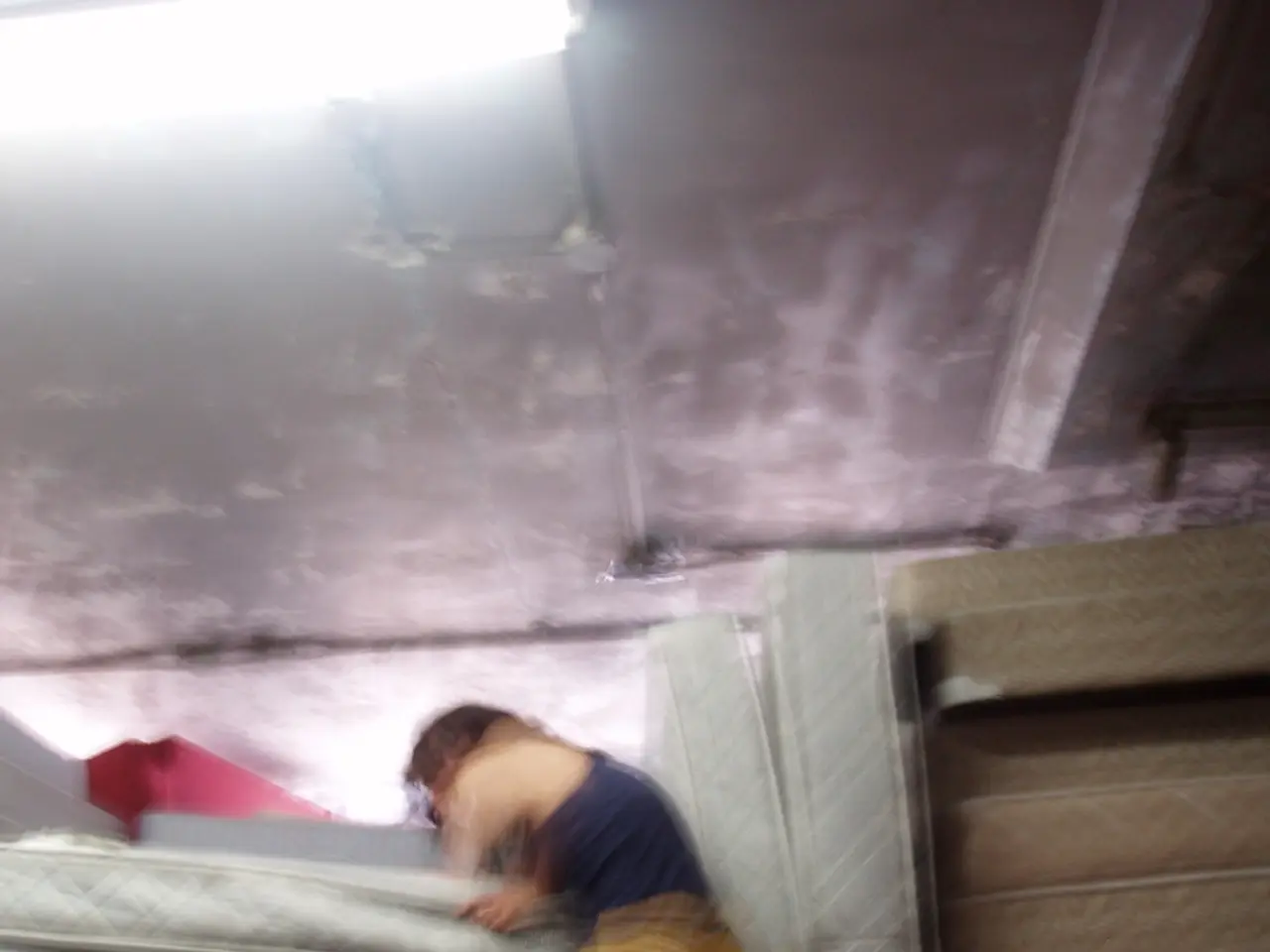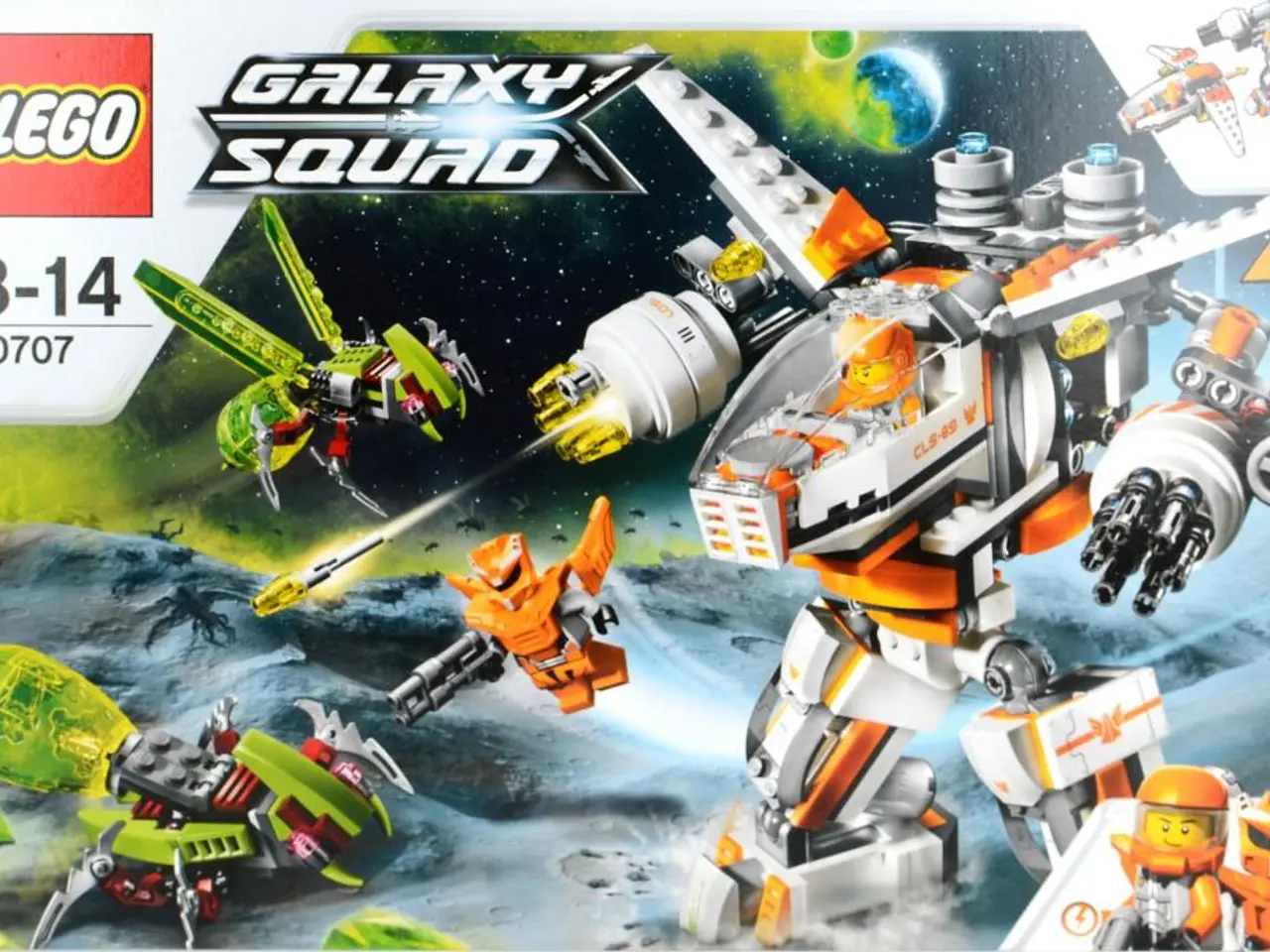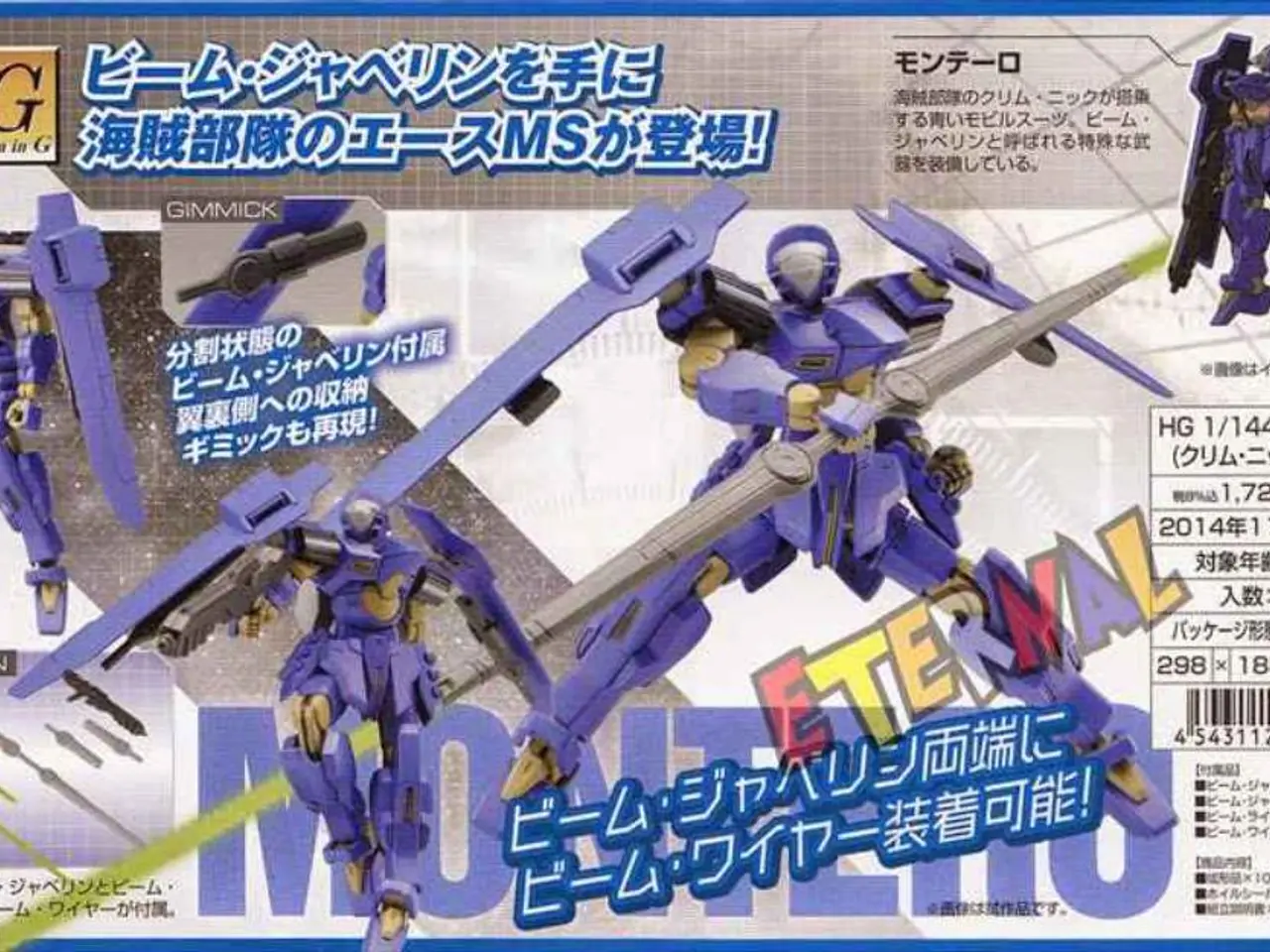Ubuntu Linux users now have access to Rescuezilla, a backup tool, which has been revived and is now available across six different versions of Ubuntu.
In a recent development, the latest version of Rescuezilla, a popular emergency backup, data recovery, and file system administration tool, has been released. This update, version 2.6.1, brings several new features and improvements to the table.
Key updates include expanded Ubuntu support. Rescuezilla 2.6.1 now supports Ubuntu 25.04, also known as Plucky Puffin, providing improved hardware support. The tool also maintains compatibility with older Ubuntu versions, including 24.10, 24.04 LTS, 22.04 LTS, 20.04 LTS, and 18.04 LTS [1][3][4].
Touchpad improvements are another significant addition. Enhancements have been made to tap-to-click and multifinger gestures, offering a smoother user experience [1][3]. Users can now also specify the NFS version, providing more flexibility in network file system operations [1].
Firefox support has been re-enabled on the Ubuntu 24.10 build, with Mozilla's official DEB packages being used instead of snap-based delivery [3][4]. The Image Explorer feature, which was temporarily disabled in the previous version, has been re-enabled, though it remains in beta [1][3].
A fix for a regression that caused swap partitions to remain mounted during restore or clone operations has been implemented in the new version [3]. An initial workaround has also been provided for the “umount: /tmp/rescuezilla.ntfs/mount: target is busy” error, which previously prevented Rescuezilla from creating backup images or cloning disks with multiple NTFS partitions [1].
For users experiencing graphics issues during boot, the Graphical Fallback Mode is recommended from the boot menu [3].
In addition, Rescuezilla boots directly into a graphical desktop with a user-friendly menu for imaging drives or restoring them from backups. Building a rescue USB key using Ventoy can make it a multi-boot key for data recovery tools.
Hiren's BootCD, another valuable system recovery tool, continues to be a reliable choice, 13 years after its first recommendation. Based on the Windows 11 version of Windows PE, Hiren's BootCD provides a live Windows environment, saving the need for reinstalling Windows just to update the firmware. It is useful for repairing misbehaving NTFS drives and updating firmware on all-Linux or all-BSD PCs [5][6].
While Google's Android boss has suggested that ChromeOS might have a limited lifespan, the latest GParted Live is available, with version 12.01 released. GParted remains the best free partitioner, unless running on a 32-bit system [2].
It's worth noting that PUTTY.ORG is not related to PuTTY, but it offers pandemic-related content. Many modern UEFI firmware updaters can read updates from FAT drives or USB keys, but not all [7].
In conclusion, Rescuezilla 2.6.1 brings a host of new features and improvements, making it an even more versatile and reliable tool for system recovery and data management. Meanwhile, Hiren's BootCD and GParted Live continue to be essential tools in their respective fields.
The latest version of Rescuezilla, a popular emergency recovery tool, now supports Ubuntu 25.04, offering improved hardware support [1][3]. Additionally, Rescuezilla, which boasts a user-friendly menu for imaging drives or restoring them from backups, also includes AI-enabled features, making it an integrated software solution for technology-driven data management.




